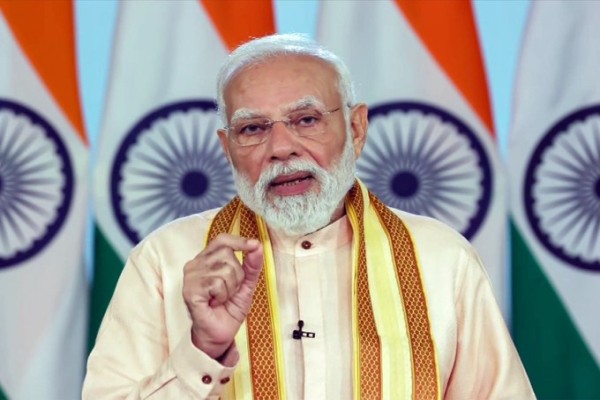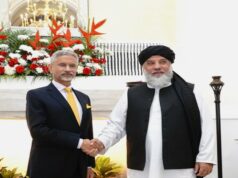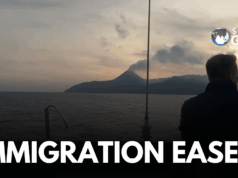Prime Minister Narendra Modi will travel to Johannesburg from November 21–23 to attend the 20th G20 Leaders’ Summit, the first time the grouping meets on African soil and the final chapter of a four-year Global South presidency cycle. India has framed the moment as a significant opportunity for developing economies to consolidate priorities advanced during its own 2023 presidency.
Announcing the visit, the Ministry of External Affairs (MEA) said Modi will participate in all three formal sessions of the Summit, each organised around sustainable growth, resilience and equitable technological transitions.
South Africa’s G20 presidency, themed “Solidarity, Equality and Sustainability”, follows consecutive tenures of Indonesia, India and Brazil — an alignment officials say kept development concerns at the centre of global economic discussions. Secretary (Economic Relations) Sudhakar Dalela told reporters the Summit “will be the first G20 Summit happening on African soil and… bring the spotlight on the development issues of Africa.” He added that this marks Modi’s fourth official visit to South Africa, reflecting a “strong and trusted partnership”.
Dalela said the Johannesburg meeting concludes a cycle that allowed emerging markets to “bring a sharper focus on matters impacting the Global South.”
According to the MEA, Modi will present India’s positions across the summit’s three sessions:
- Inclusive and Sustainable Economic Growth — trade, economic recovery, financing for development and global debt vulnerabilities.
- A Resilient World — disaster risk reduction, climate issues, just energy transitions and food systems.
- A Fair and Just Future for All — critical minerals, decent work and the governance of artificial intelligence.
South Africa has made disaster resilience, debt sustainability for low-income countries, finance for a just energy transition and critical minerals central to its presidency. Dalela noted these themes align closely with India’s 2023 agenda, pointing to the Disaster Risk Reduction Working Group India established and South Africa has carried forward.
India is also expected to emphasise strong language on international terrorism, a recurring priority in multilateral negotiations. Without detailing the text under discussion, Dalela said India’s concerns “are being captured in various outcome documents.” He underlined the broader need for continuity in multilateral reform and development financing, calling the G20 “a premier forum for international economic cooperation.”
Modi will also hold bilateral meetings, including one with South African President Cyril Ramaphosa. Host officials described the engagement as one that consistently injects “momentum and energy” into the bilateral partnership.
As South Africa hosts leaders from G20 members, invited states and over two dozen international organisations, negotiators are working to finalise consensus on SDG financing, debt transparency and climate action. MEA officials said India will continue acting as a bridge-builder, as during its own presidency.
Dalela noted that leaders must “navigate differences and find common ground” on sustainable development, equitable energy transition pathways, debt challenges and emerging technologies, including AI.
The G20 members include Argentina, Australia, Brazil, Canada, China, France, Germany, India, Indonesia, Italy, Japan, Mexico, Russia, Saudi Arabia, South Africa, South Korea, Turkey, the United Kingdom, the United States, and the European Union. With the United States set to take over the G20 presidency next year, India sees South Africa’s term as a crucial opportunity to secure durable outcomes for the Global South.
But President Donald Trump will boycott the summit and has announced that the United States will not send any delegation, citing alleged persecution of Afrikaners in South Africa and calling the choice of venue “a total disgrace”.
According to Reuters, Trump’s ally, Argentine President Javier Milei, is also staying away on ideological grounds. Russia’s Vladimir Putin will skip it because of the International Criminal Court arrest warrant against him over the invasion of Ukraine, while China is sending Premier Li Qiang instead of President Xi Jinping.





